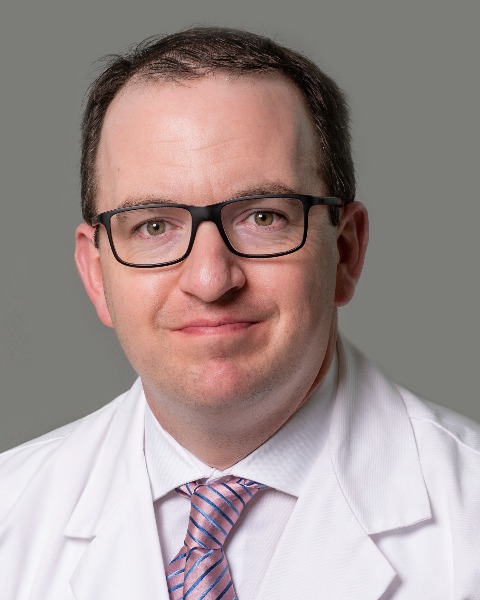Red Light Record: Advancing Collaborative Communication Through Technology
-
JG
Jennifer Glover, MD, FACS
Assistant Professor Of Surgery
University of South Florida, United StatesDisclosure information not submitted.
-

Keith Dombrowski, BS, MD
University of South Florida
Tampa, FloridaDisclosure information not submitted.
-
FY
Fayyadh Yusuf, PhD
Chief Cultural Officer
University of South Florida, Florida, United StatesDisclosure information not submitted.
-
SO
Sidney Okon, BS
Medical Student
University of South Florida, United StatesDisclosure information not submitted.
-
LD
Laura DeBerardinis, BSN, RN
Neuroscience ICU Nurse Manager
Tampa General Hospital, United StatesDisclosure information not submitted.
Co-Author(s)
First Author(s)
Co-Author(s)
Title: Red Light Record: Advancing Collaborative Communication Through Technology
Purpose: The onset of COVID resulted in stricter visitation policies and greater communication challenges between the care team and families. These challenges represent barriers to delivering great values-based, patient-centered care. In this abstract, we describe the care team-family communication experience in a large, open NeuroICU and a software communication tool, Medical Memory, which is intended improve the efficiency of delivering information.
Methods: Medical Memory (MM) is a smartphone or tablet software application that allows the delivery of HIPAA compliant recordings via email. Before implementing MM, the Neurocritical Care nursing staff was surveyed to quantitatively and qualitatively gauge perception of communication strengths, challenges, effectiveness, and processes. Simultaneously, MM virtual training sessions were completed within the Neurocritical care practice group and a structured video update was created. Patients’ family members were identified (preferred email contacts) for receiving video updates with a goal of one message per day. Family members can provide feedback via a brief survey after viewing the message.
Results: The pre-implementation survey had a response rate of over 80% (N=83). Approximately half of the nurses report at least 3 calls a day spending more than 15-30 minutes giving care updates. Over a 3rd of respondents spent more than 45 minutes a day. Qualitatively, nursing staff feel that they play an important role in communication, but provider communication was often reported to be inadequate by family members. MM is currently in use with a post-implementation survey scheduled after a 12-month pilot period.
Conclusions: Even in the aftermath of the COVID pandemic, telehealth and communication technology will remain a vital component of delivering and communicating patient care. Software like Medical Memory may help with information delivery via improved efficiencies thus increasing satisfaction of both care teams and patients’ families.
